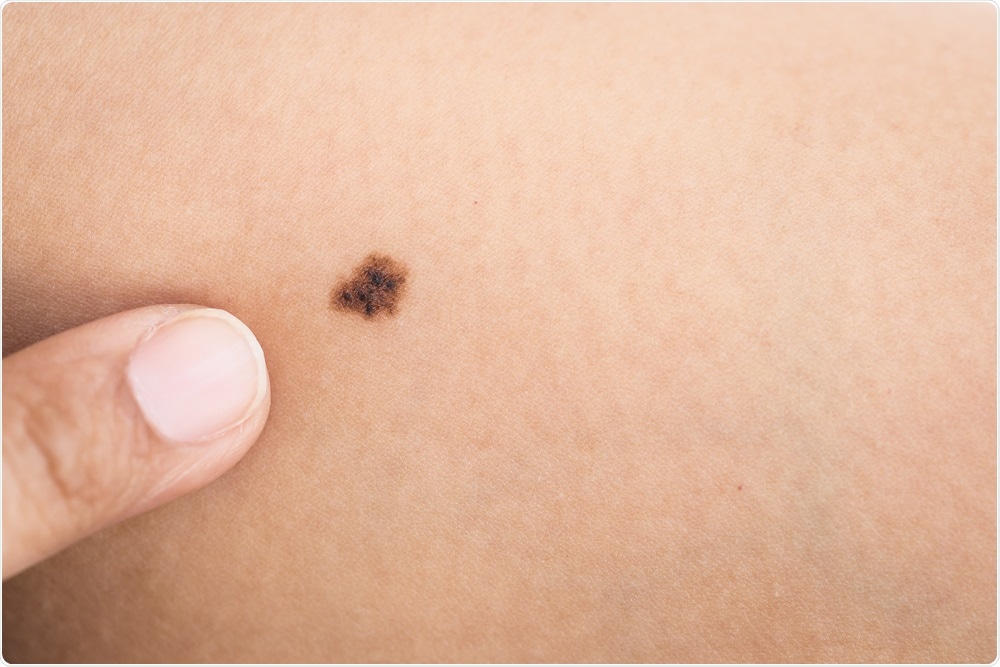
Visual inspection alone is insufficient to diagnose skin cancer
A large-scale systematic review of research into the accuracy of skin cancer diagnostics has found that visual inspection of suspicious lesions is insufficient to ensure an accurate diagnosis.

iMoved Studio | Shutterstock
The review, which has recently been published in The Cochrane Library, summarises a large body of research looking at the accuracy of tests in supporting decision making in skin cancer diagnosis.
The early and accurate detection of all types of skin cancer is essential to managing the disease and to improving survival rates in melanoma, especially given the rising prevalence of skin cancer worldwide, says study leader Jac Dinnes from the University of Birmingham.
The study findings suggest that careful consideration should be given to the technologies used, in order to ensure skin cancers are not missed, says Dinnes.
Inappropriate referrals to specialists and inappropriate removal of benign lesions also need to be kept to a minimum.
Key points made in the review include that examination by the naked eye alone is not sufficient and may lead to melanomas being missed. It also states that smartphone applications used to check skin lesions are also likely to miss melanoma.
Dermoscopy, which uses a handheld device to zoom in on a mole, is better at diagnosing melanoma than visual inspection and may help GPs establish which patients need to be referred to a specialist.
Artificial intelligence techniques, such as computer-assisted diagnosis (CAD), can identify more melanomas than dermoscopy, but these techniques generate far more false positives than dermoscopy and could lead to significant increases in inappropriate surgery.



































No hay comentarios:
Publicar un comentario